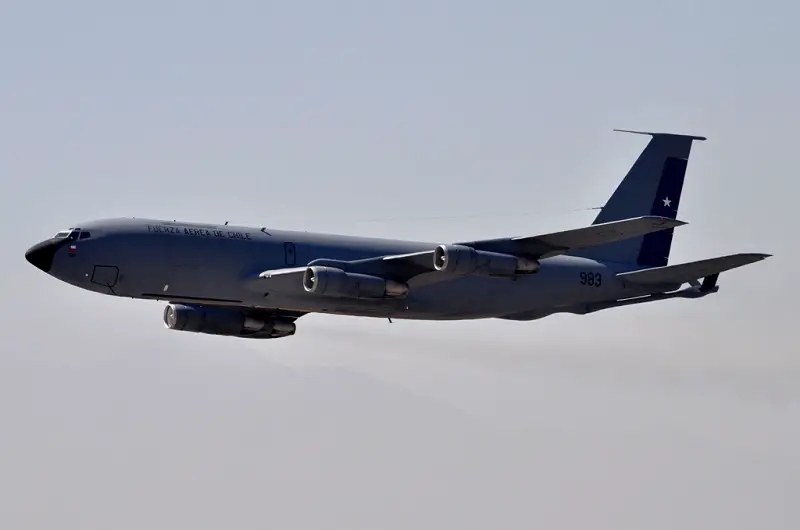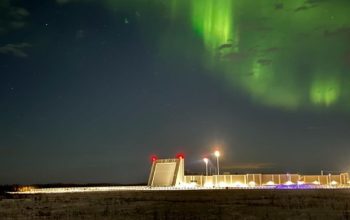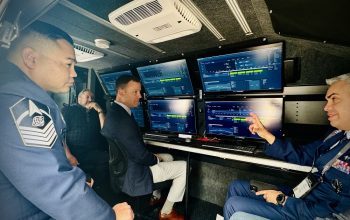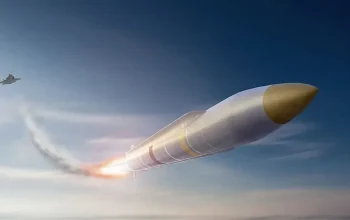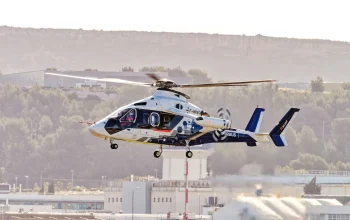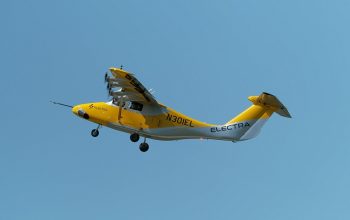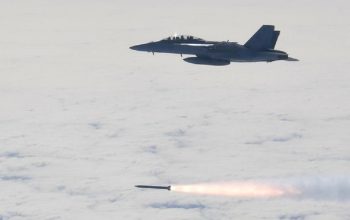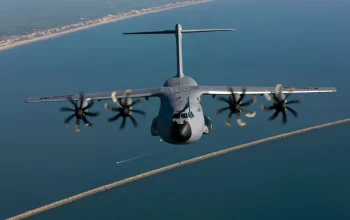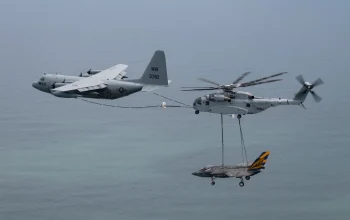Rockwell Collins, Cedar Rapids, Iowa, was awarded a $57,001,423 firm-fixed-price and cost-plus-fixed-fee contract for KC-135 Avionics Sustainment Engineering Services (ASES). This contract provides for sustainment of the avionics, communications and electrical systems, subsystems, related avionics systems components, and associated ground and flight software used on the KC-135 aircraft weapon systems. This acquisition will include ASES services for Foreign Military Sales to Chile, France, and Turkey. Work will be performed at Cedar Rapids, Iowa; Tinker Air Force Base, Oklahoma; and Huntsville, Alabama, and is expected to be completed by June 14, 2033. This contract was a sole source acquisition. Fiscal 2023 operations and maintenance funds in the amount of $7,443,699 are being obligated at time of award. The Legacy Tanker Branch at Tinker AFB, Oklahoma, is the contracting activity.
The Boeing KC-135 Stratotanker is an aerial refueling tanker aircraft that was developed from the Boeing 367-80 prototype, alongside the Boeing 707 airliner. It has a narrower fuselage and is shorter than the 707. The KC-135R has four turbofan engines, mounted under 35-degree swept wings, which power it to takeoffs at gross weights up to 322,500 pounds (146,300 kg). Nearly all internal fuel can be pumped through the tanker’s flying boom, the KC-135’s primary fuel transfer method. A boom operator stationed in the rear of the aircraft controls the boom while lying prone, viewing through a window at the bottom of the tail. Both the flying boom and operator’s station are similar to those of the previous KC-97. A special shuttlecock-shaped drogue, attached to and trailing behind the flying boom, may be used to refuel aircraft fitted with probes.
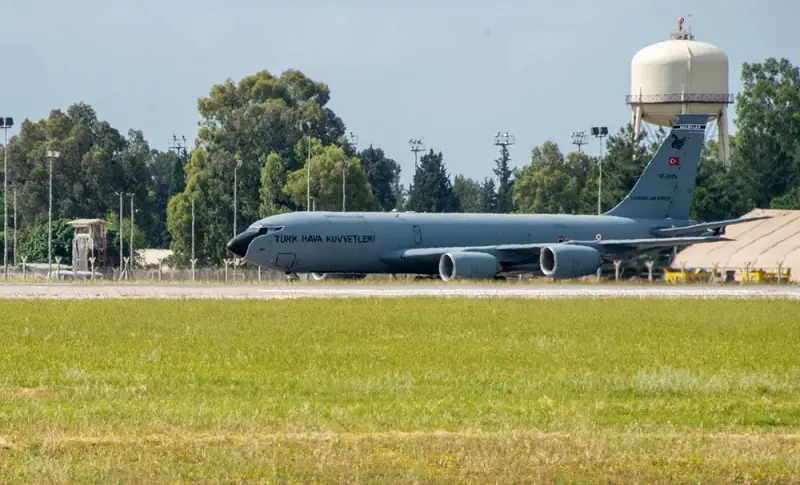
The KC-135 was the U.S. Air Force’s first jet-powered refueling tanker and replaced the KC-97 Stratofreighter. The KC-135 was initially tasked with refueling strategic bombers, but it was used extensively in the Vietnam War and later conflicts such as Operation Desert Storm to extend the range and endurance of US tactical fighters and bombers. The KC-135 entered service with the U.S. Air Force in 1957; it is one of nine military fixed-wing aircraft with over 60 years of continuous service with its original operator. French Air and Space Force operates 11 C-135FRs and 3 KC-135Rs, which are being replaced by 15 Airbus A330 MRTTs, French military designation Phénix, from 2018 to 2023. Chilean Air Force operates 3 KC-135Es. It received its first KC-135E in February 2010. Turkish Air Force operates 7 KC-135Rs.
Rockwell Collins was a multinational corporation headquartered in Cedar Rapids, Iowa, providing avionics and information technology systems and services to government agencies and aircraft manufacturers. It was formed when the Collins Radio Company, facing financial difficulties, was purchased by Rockwell International in 1973. In 2001, the avionics division of Rockwell International was spun off to form the current Rockwell Collins, Inc, retaining its name. The company was acquired by United Technologies Corporation on November 27, 2018, and now operates as part of Collins Aerospace, a subsidiary of Raytheon Technologies. On September 4, 2017, United Technologies of Farmington, Connecticut, agreed to acquire the company for $30 billion. The transaction closed on November 26, 2018.


